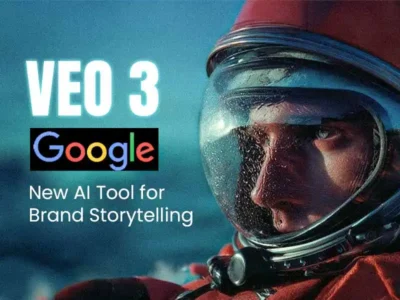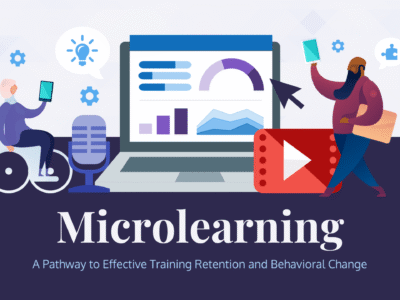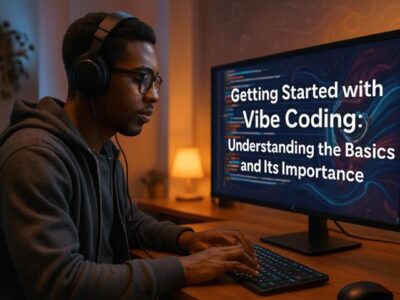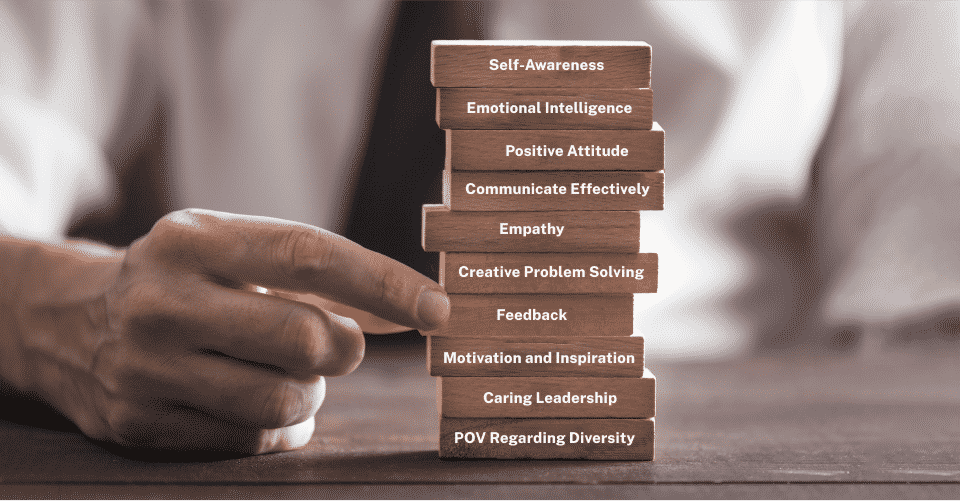The Inner Edge: Mastering Emotional Intelligence and Human-Centered Soft Skills
Duration: 6–8 Weeks (or Self-Paced)Level: Beginner to IntermediateFormat: Video Lessons, Interactive Exercises, Reflection Journals, Case Studies, Peer Activities, Final PortfolioTools Used: Self-assessment worksheets, personality tests (MBTI, DISC), journal prompts, communication checklists, emotional triggers map Course Objective To empower learners with …
Overview
Duration: 6–8 Weeks (or Self-Paced)
Level: Beginner to Intermediate
Format: Video Lessons, Interactive Exercises, Reflection Journals, Case Studies, Peer Activities, Final Portfolio
Tools Used: Self-assessment worksheets, personality tests (MBTI, DISC), journal prompts, communication checklists, emotional triggers map
Course Objective
To empower learners with the emotional intelligence and interpersonal skills necessary for effective communication, leadership, teamwork, and self-management in personal and professional environments.
Module 1: Understanding Emotional Intelligence (EQ)
Topics Covered:
-
What is Emotional Intelligence?
-
Components of EQ: Self-awareness, Self-regulation, Motivation, Empathy, Social Skills
-
EQ vs IQ: Which Matters More?
-
The Science Behind Emotional Intelligence
-
Why EQ is a Core Leadership Competency
Learning Outcome:
Understand the foundational concept of emotional intelligence and how it affects behavior and decision-making.
Activities:
-
Take an EQ self-assessment and journal reflections
-
Identify moments where EQ impacted your personal or professional outcomes
Module 2: Self-Awareness and Emotional Regulation
Topics Covered:
-
Recognizing Your Emotions and Their Triggers
-
Developing Self-Awareness Through Reflection and Feedback
-
Strategies for Emotional Regulation (Pause, Reframe, Breathe)
-
Managing Stress, Anxiety, and Impulse Reactions
-
The Power of Mindfulness and Emotional Journaling
Learning Outcome:
Build the ability to identify and manage your own emotions effectively.
Activities:
-
Maintain a daily emotion tracker
-
Practice mindfulness exercises focused on stress responses
Module 3: Empathy and Building Human Connection
Topics Covered:
-
What is Empathy? Types: Cognitive, Emotional, and Compassionate Empathy
-
Active Listening Techniques
-
Reading Nonverbal Cues and Body Language
-
Building Rapport and Trust in Conversations
-
Navigating Difficult Emotions in Others
Learning Outcome:
Learn how to deeply understand and connect with others to foster mutual respect and trust.
Activities:
-
Participate in an active listening partner exercise
-
Reflect on a time you misunderstood someone due to lack of empathy
Module 4: Communication and Relationship Management
Topics Covered:
-
Verbal and Nonverbal Communication Skills
-
Assertive vs Passive vs Aggressive Communication
-
Giving and Receiving Constructive Feedback
-
Conflict Resolution and De-escalation
-
Building Professional Relationships and Influencing Others
Learning Outcome:
Develop clear, respectful, and persuasive communication skills.
Activities:
-
Write and deliver a structured feedback message
-
Role-play scenarios involving difficult conversations
Module 5: Self-Motivation and Resilience
Topics Covered:
-
Intrinsic vs Extrinsic Motivation
-
Goal Setting and Commitment
-
Overcoming Procrastination and Negative Self-Talk
-
Building Grit and Growth Mindset
-
Adapting to Setbacks and Developing Emotional Strength
Learning Outcome:
Learn to stay focused, motivated, and optimistic under pressure.
Activities:
-
Set a personal/professional SMART goal
-
Create a resilience map detailing how you’ve overcome past challenges
Module 6: Collaboration, Teamwork, and Influence
Topics Covered:
-
Understanding Team Dynamics
-
Emotional Intelligence in Group Settings
-
Encouraging Diversity and Inclusion
-
Leading Through Influence, Not Authority
-
Navigating Office Politics and Peer Conflicts
Learning Outcome:
Improve your ability to work collaboratively and lead without formal power.
Activities:
-
Participate in a group decision-making simulation
-
Identify your influencing style and how to adapt it
Module 7: Leadership with Emotional Intelligence
Topics Covered:
-
EQ in Leadership Styles
-
Authentic and Servant Leadership Models
-
Emotional Contagion and Leader Influence
-
Creating a Safe and Inclusive Environment
-
Decision-Making with Emotional Balance and Ethics
Learning Outcome:
Apply EQ to become a more inspiring, ethical, and effective leader.
Activities:
-
Assess your current leadership style and how EQ influences it
-
Write a leadership manifesto aligned with emotional intelligence values
Module 8: Putting It All Together – Your EQ Portfolio
Capstone Project:
-
Create an “Emotional Intelligence Portfolio” including:
-
EQ Self-Assessment Results and Reflection
-
Communication and Conflict Management Case Study
-
Personal Growth Plan (Emotional Triggers, Goals, Motivation Map)
-
Leadership and Teamwork Reflection
-
Learning Outcome:
Demonstrate your emotional growth and soft skill integration through real-life examples and planning.
Final Deliverables:
-
Digital PDF Portfolio
-
5–7 Minute Video Presentation or Voice Recording
-
Peer Feedback Summary
Bonus Resources
-
50+ Emotional Vocabulary Words for Better Expression
-
Top TED Talks on EQ and Human Connection
-
Empathy and Listening Script Templates
-
Workplace EQ Policy Examples and Templates
-
Downloadable Journal Prompts for Self-Awareness
Teaching Methodology
-
Short video lectures with practical examples
-
Scenario-based learning and role-plays
-
Reflective writing and journaling
-
Peer discussions and feedback
-
Quizzes and knowledge checks per module
-
Capstone project that connects all key learnings
Target Audience
-
Students and professionals aiming to improve people skills
-
Managers, HR personnel, and team leaders
-
Entrepreneurs and freelancers working in client-facing roles
-
Educators and mentors guiding diverse individuals
-
Anyone seeking personal growth and better emotional balance







